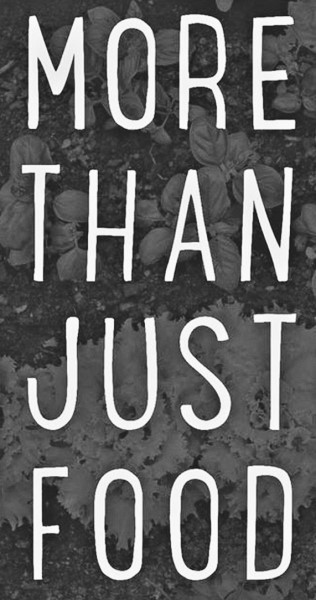Why Passover is about more than good food
(My Jewish Learning via JTA) – What is the essence of Passover?
On the one hand, it seems obvious: Passover is about gathering together with loved ones to recall, through sumptuous home rituals, the exodus from Egypt. We gather round our Seder tables and quickly become engulfed in the warmth of family and friends, the culinary delights of a delicious meal and the comforting, vaguely familiar words and songs we recite year after year.
Passover is, indeed, a beautiful opportunity for rejoicing and celebrating. But it also can be much, much more.
Looking closely at the Passover Haggadah, we can see that the rabbis who crafted the Seder did not choose to make Passover a holiday solely focused on celebrating the past. Like the Fourth of July (or Hanukkah), Passover could have been a day to recall passively our independence from an oppressive regime as a historical remembrance; to commemorate the past and salute our Founding Fathers (or Maccabees).
Instead, Moses (as Founding Father of the Israelites) is largely shut out of the Haggadah – he appears but once. While remembrance of the exodus – from the enslavement of the Israelites to the 10 plagues to the crossing of the Red Sea – forms a major portion of the content of the Maggid (retelling) section of the Haggadah, that remembrance is but a means to a larger end.
The end of the Maggid section reveals why. It says: “In each and every generation people must regard themselves as though they personally left Egypt, as it says, ‘Tell your child on that very day: “This is what God did for me when I left Egypt.”’ The Holy One of Blessing did not redeem only our ancestors, but God even redeemed us with them, as it says, ‘God brought us out of there in order to bring us to and gave us the land that God swore to our ancestors.’”
The Seder specifically, and Passover more broadly, is about remembering God’s deliverance of the Israelites not as a one-time, historical event but as something that is perpetually happening in the present. Redemption from slavery to freedom is intended to be an experience that we, too, can and should have during our Seders. But why?
RABBI JOSHUA RATNER is the director of the Jewish Community Relations Council of New Haven, Connecticut. Ordained by the Jewish Theological Seminary in May 2012, Ratner was a Joseph Neubauer Fellow and also earned a master’s degree in Midrash and a certificate in pastoral care. He worked as an attorney for five years prior to entering rabbinical school.








